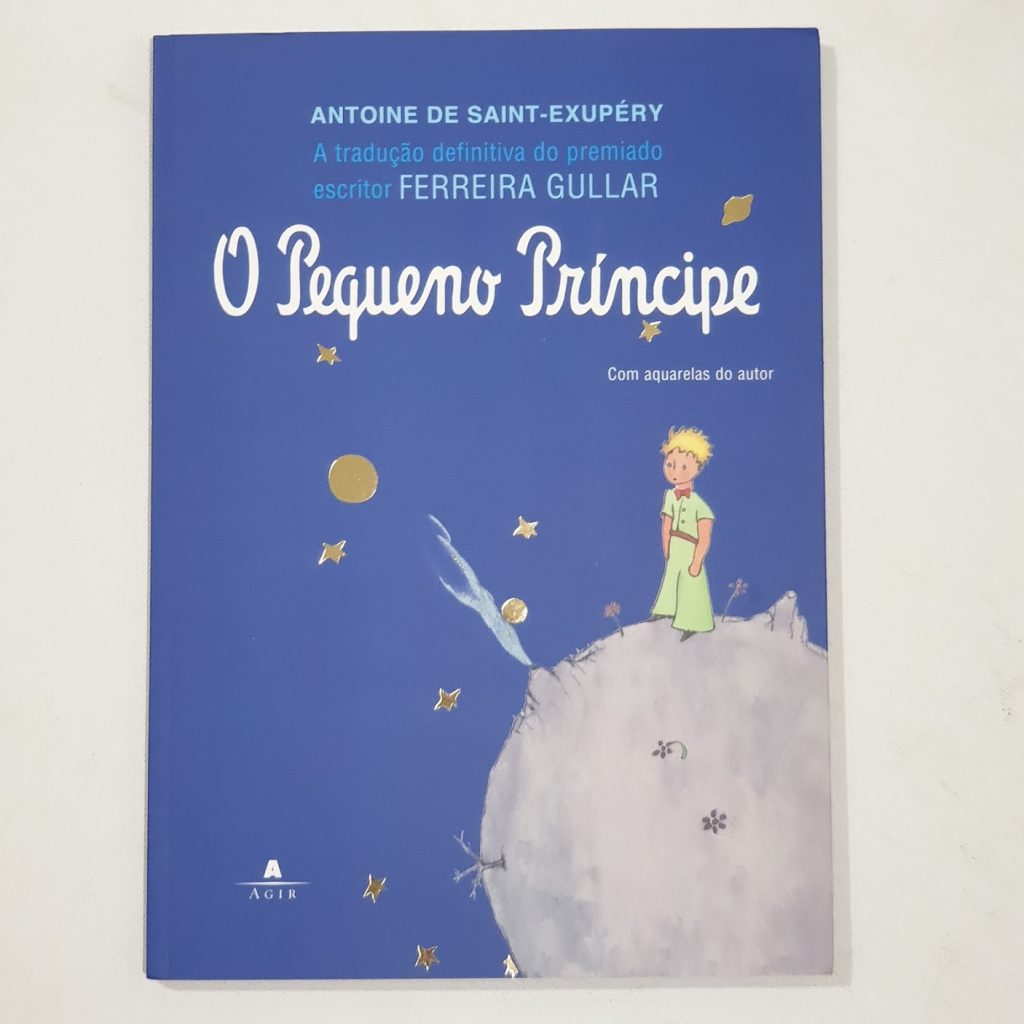
O Pequeno Príncipe — in Brazilian Portuguese (Português do Brasil or Português Brasileiro).
Portugal began colonizing Brazil in 1500, and Portuguese settlers brought their language with them. Portuguese became the dominant language of administration, trade, and culture in the colony. Over time, Portuguese language and culture became deeply ingrained in Brazilian society through intermarriage, cultural exchange, and the establishment of schools and churches.
Brazil gained its independence from Portugal in 1822, but Portuguese remained the official language and was an essential element in the formation of the Brazilian nation. Portuguese is the primary language of instruction in Brazilian schools and universities. It is used in all forms of media, including television, radio, newspapers, and the internet. Portuguese language has played a crucial role in shaping the national identity of Brazil. It unites the diverse population of the country and serves as a symbol of cultural unity.
Brazilian literature has a rich history dating back to the colonial period. Prominent Brazilian authors, such as Machado de Assis, João Guimarães Rosa, and Clarice Lispector, have contributed significantly to Portuguese literature.


